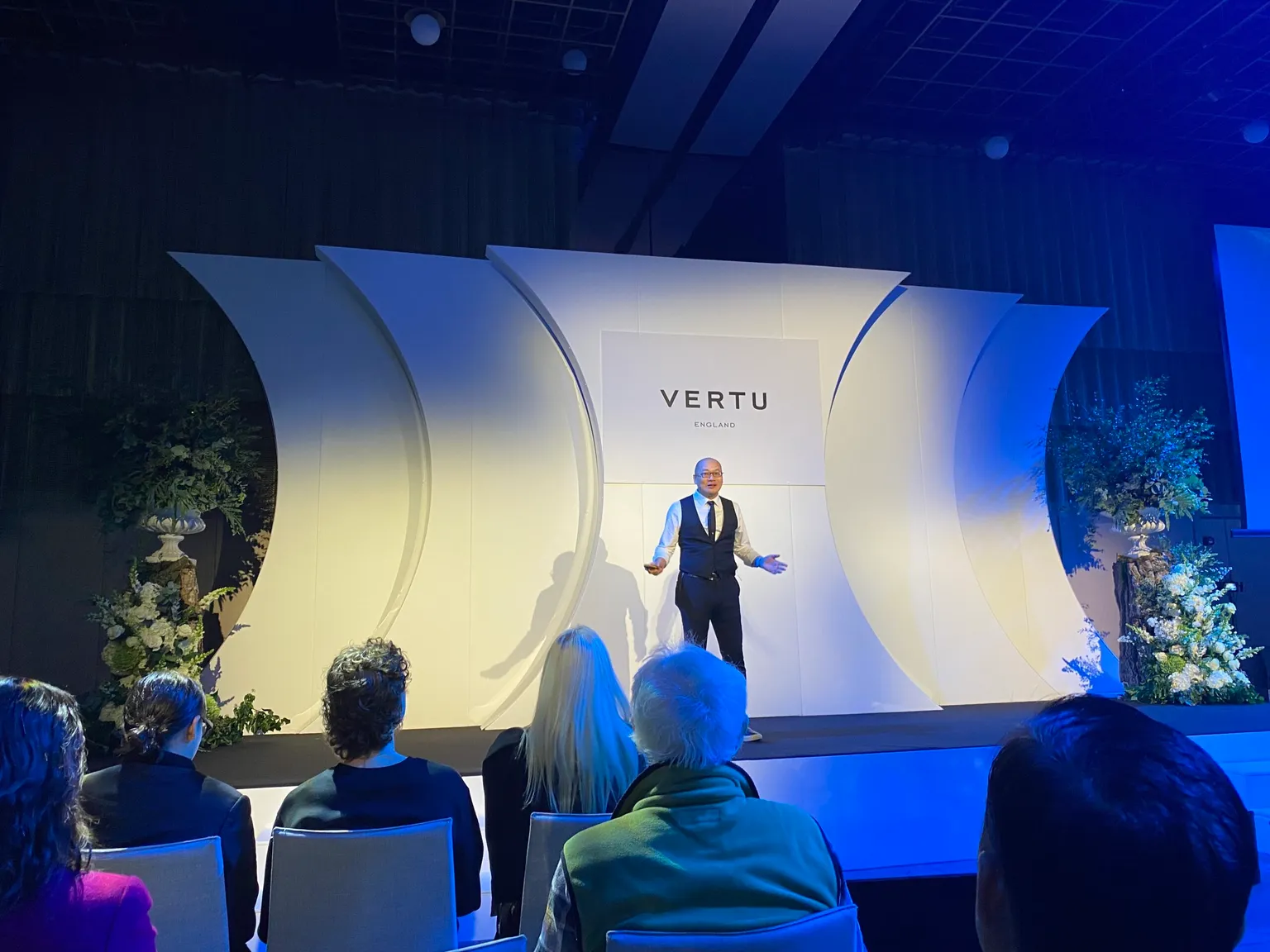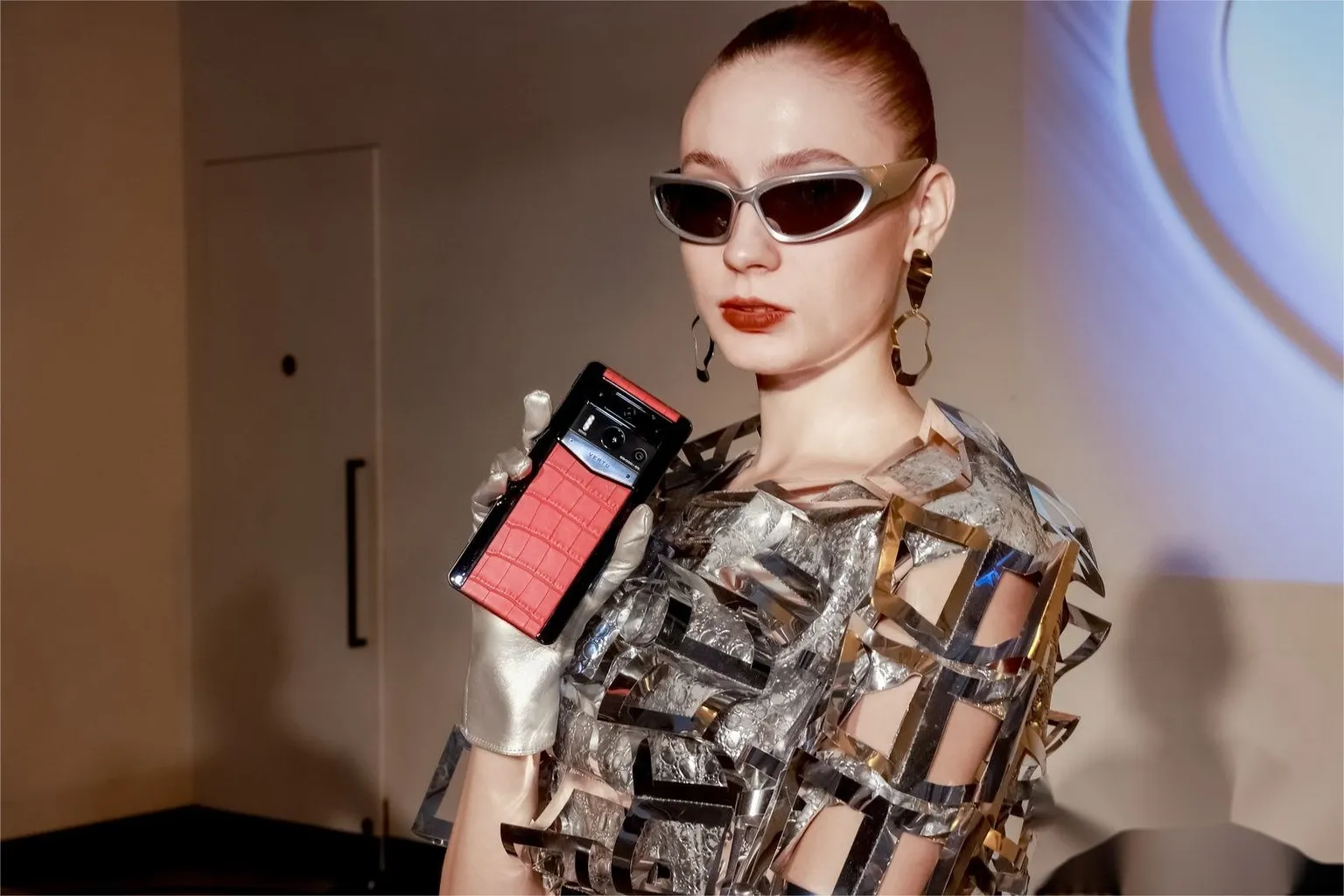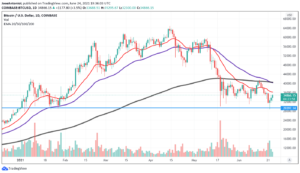





Stay on top of crypto news, get daily updates in your inbox.
- SEO Powered Content & PR Distribution. Get Amplified Today.
- PlatoData.Network Vertical Generative Ai. Empower Yourself. Access Here.
- PlatoAiStream. Web3 Intelligence. Knowledge Amplified. Access Here.
- PlatoESG. Carbon, CleanTech, Energy, Environment, Solar, Waste Management. Access Here.
- PlatoHealth. Biotech and Clinical Trials Intelligence. Access Here.
- Source: https://decrypt.co/204530/vertus-luxury-crypto-phone-is-passport-to-the-web3-world-ceo
- :has
- :is
- :not
- 100
- 16
- 2018
- 2022
- 300
- 32
- a
- Absolute
- Accounts
- Achieve
- actors
- added
- addition
- address
- Adds
- admitted
- Adoption
- ahead
- AI
- aims
- also
- an
- and
- android
- any
- applications
- approach
- ARE
- areas
- argued
- around
- Array
- artificial
- artificial intelligence
- AS
- aspire
- At
- barriers
- base
- BE
- Bear
- Bear Market
- because
- been
- Big
- Block
- blockchain
- blockchain integration
- bolstering
- brands
- built-in
- but
- by
- CAN
- cannot
- capabilities
- carbon
- cases
- cater
- caters
- ceo
- chan
- chip
- class
- combining
- Communication
- company
- conceived
- Concerns
- control
- controlling
- convenience
- corresponds
- Cost
- create
- crypto
- Crypto bear market
- Crypto News
- Crypto wallet
- Currently
- customization
- daily
- DApps
- Dark
- data
- Date
- Decentralization
- decentralized
- Decrypt
- dedicated
- demographic
- dependencies
- DID
- digital
- digital identity
- distinctive
- dubbed
- each
- effectively
- effects
- efficiency
- effortlessly
- element
- eliminates
- emergence
- empowers
- enables
- encrypted
- end-to-end
- engaging
- Enhances
- ensuring
- entry
- essence
- Event
- existing
- experience
- explained
- explaining
- Exploring
- facilitates
- fake
- Features
- Fees
- fingerprint
- finish
- firms
- fit
- focused
- For
- Foundation
- frequently
- from
- functionalities
- functioning
- functions
- fundamentally
- future
- Gary
- GAS
- gas fees
- generation
- genuine
- get
- Gucci
- Hardware
- Have
- he
- help
- High
- higher
- holders
- Hong
- Hong Kong
- HTTPS
- ID
- idea
- identifiers
- Identity
- if
- ii
- image
- immediately
- implementing
- in
- Including
- independent
- individuals
- industry
- innovative
- integration
- Intelligence
- Interview
- into
- introduced
- IT
- ITS
- journey
- Kong
- Last
- latest
- launch
- launched
- launching
- Level
- like
- LINK
- links
- List
- Luxury
- Main
- Making
- managed
- Manufacturer
- many
- Market
- materials
- May..
- means
- Meanwhile
- mere
- metal
- might
- Millionaire
- model
- necessitating
- New
- news
- next
- no
- noting
- novel
- number
- obvious
- of
- off
- offering
- often
- on
- ONE
- only
- operating
- operating system
- operating systems
- optimal
- originally
- OS
- our
- out
- over
- particularly
- party
- Personalities
- PFPs
- phone
- plato
- Plato Data Intelligence
- PlatoData
- Point
- possibility
- Precious
- prefer
- prevents
- Product
- proof
- proud
- random
- reduces
- relative
- relaunch
- rendering
- REPEATEDLY
- responsive
- restores
- running
- Said
- scene
- screens
- seamlessly
- secure
- security
- seems
- segment
- segregated
- Selling
- selling point
- separate
- served
- service
- Services
- serving
- Share
- Shell
- showcase
- showing
- signing
- similarities
- since
- Skin
- smartphone
- smoothly
- Software
- sovereignty
- standard
- starts
- Step
- Stephen
- Strategy
- streamline
- such
- system
- Systems
- tech
- technological
- than
- that
- The
- their
- they
- Third
- Tiffany
- Titanium
- to
- told
- tools
- top
- trained
- transformative
- transition
- Trends
- unconventional
- unique
- uniquely
- unlocking
- Updates
- use
- used
- User
- User Adoption
- User Experience
- users
- utilize
- Wallet
- we
- wealthy
- Web2
- Web3
- Web3 industry
- Web3 world
- Web3’s
- week
- were
- with
- working
- world
- yet
- you
- Your
- zephyrnet
- zero-knowledge
- zero-knowledge proof
- ZK
More from Decrypt
Cloud Provider Bans Crypto Mining Following Surge in Chia Miners
Source Node: 868091
Time Stamp: May 20, 2021
Uniswap Effort for $25 Million DeFi Lobbying Fund Inches Forward—Despite Detractors
Source Node: 908704
Time Stamp: Jun 7, 2021
Crypto Firm Chiliz Nabs $100M Stake in FC Barcelona's Digital Studio
Source Node: 1605725
Time Stamp: Aug 1, 2022
DeFi Tokens Including Uniswap, Chainlink, Aave Crushed By Crypto Crash
Source Node: 876330
Time Stamp: May 23, 2021
Bitcoin Retests $35,000 as Dogecoin, XRP Prices Jump 10%
Source Node: 941768
Time Stamp: Jun 24, 2021
Human Artists Lose Ground in Legal Battle Against AI – Decrypt
Source Node: 2179334
Time Stamp: Jul 21, 2023
Five Charged in France With $2.5M Fraud Targeting Bored Ape NFT Owners
Source Node: 1722777
Time Stamp: Oct 13, 2022
Crypto Wallet Maker Ledger Eyes Fresh $100M Raise: Report
Source Node: 1605726
Time Stamp: Aug 1, 2022
Binance Reinstates Faster Payments Withdrawals For UK Customers
Source Node: 952841
Time Stamp: Jun 30, 2021
Crypto Lender Nexo Hit With Enforcement Actions From Eight States
Source Node: 1694612
Time Stamp: Sep 26, 2022
Quentin Tarantino Sued by Miramax Over Pulp Fiction NFTs
Source Node: 1114289
Time Stamp: Nov 16, 2021












